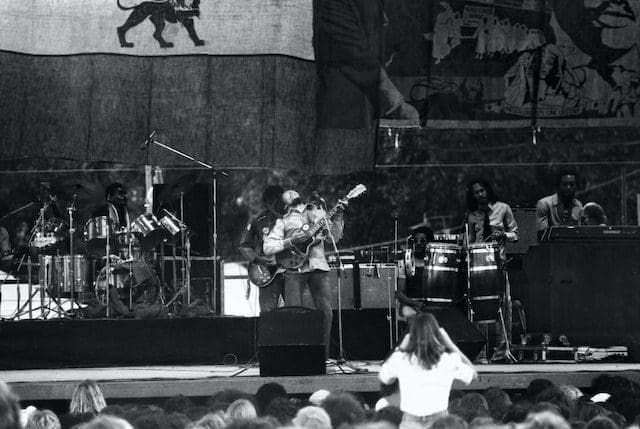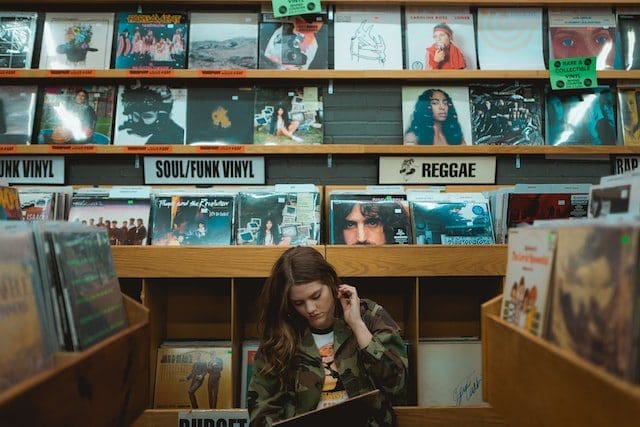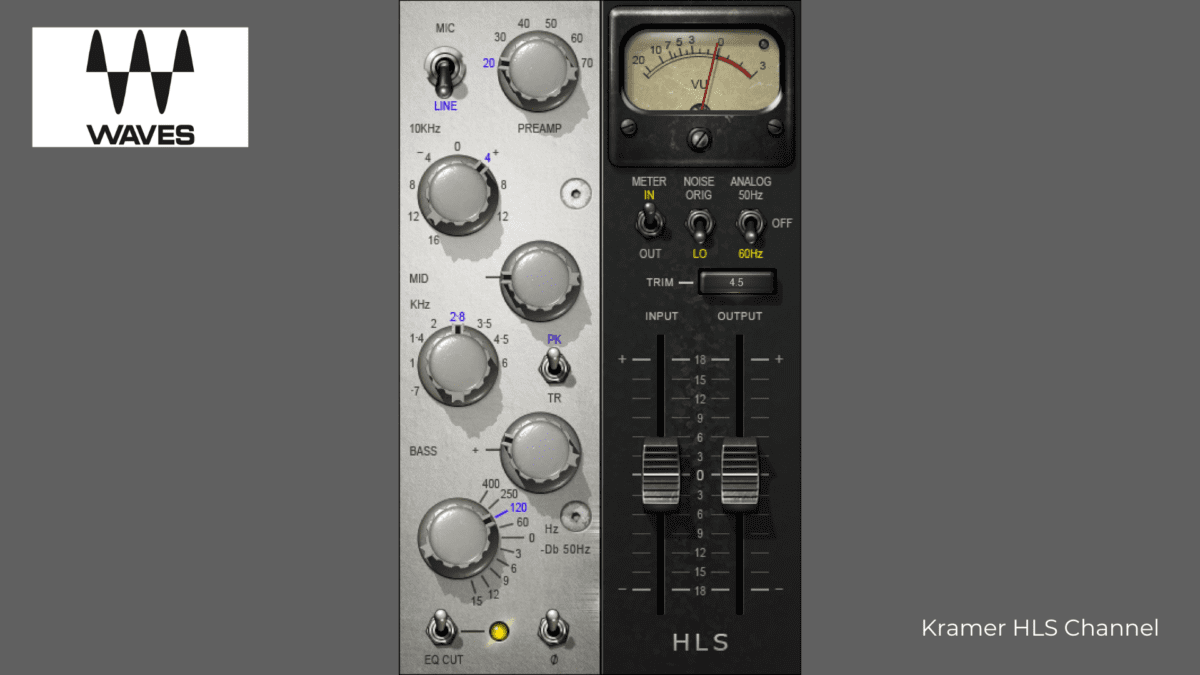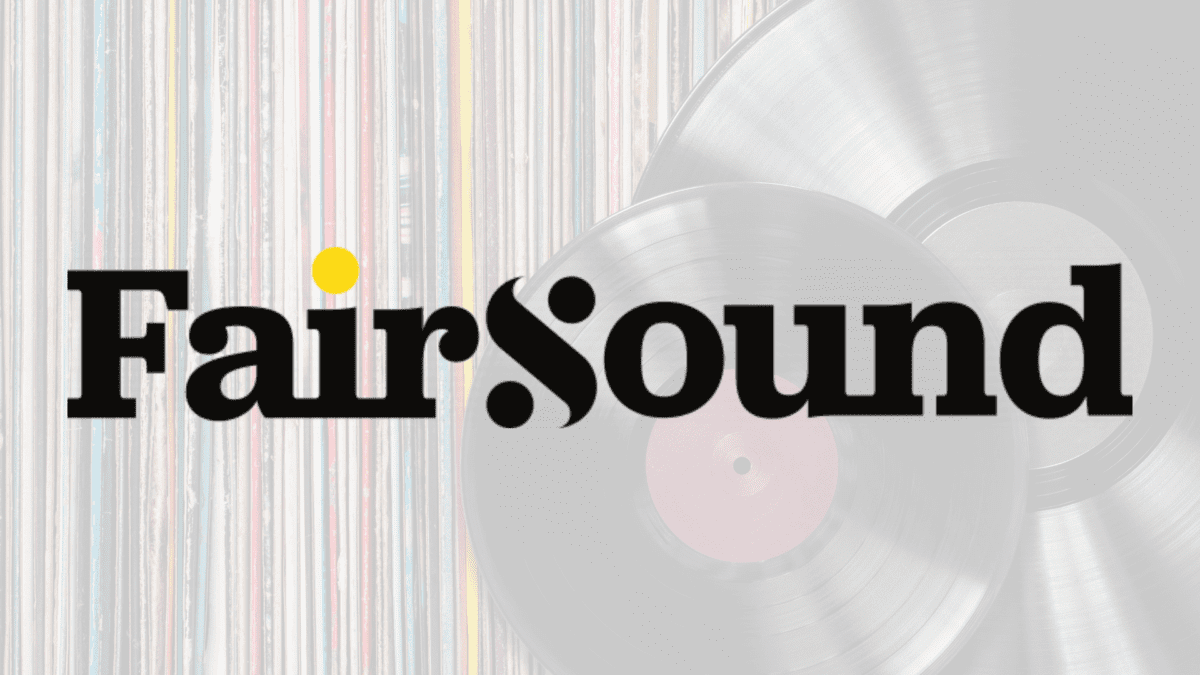It’s impossible to think of Jamaica without thinking about music. Over the years, different genres of Jamaican music have become popular around the world and with good reason – there’s something truly unique and special about this Caribbean nation’s sound. So let’s dive into a comprehensive guide to the rich history of Jamaican music genres!
From ska and reggae to dub and dancehall, each genre has its own distinct style that sets it apart from the rest. While some are more well-known than others, all these musical forms have shaped the culture in Jamaica over time. Each one also has its own story to tell – stories of struggle, resilience, celebration, pain and joy.
So if you’re looking for an overview of Jamaica’s many musical styles or just want to learn more about them, then this article is perfect for you! We’ll be exploring everything from traditional roots styles like mento and nyabinghi to contemporary variations such as bashment and ragga soca. Get ready for an exploration into the wonderful world of Jamaican music!
Reggae Exploring The Roots Of Jamaican Music
Reggae is a distinct and vibrant Jamaican music genre. Its roots are embedded in the culture, stretching back for decades of history and influence. With its captivating rhythm, uplifting lyrics, and overall soulful sound, reggae has inspired generations of artists to explore this incredible style of Jamaican-born music.
Parallelism is key when exploring the origins of reggae: while ska laid down a foundation by introducing syncopation into popular songs, rock steady perfected that technique with slower tempos and smoother grooves. Dub also evolved from these two genres as an experimental form of a production technique that incorporated heavy bass lines and psychedelic effects. All three styles combine to create what we now know as reggae – an unmistakable sound beloved by millions around the world.
At its core, reggae exemplifies freedom; it’s a declaration against oppression, injustice, and inequality. Through this lens of hope and unity, the spirit behind reggae resonates far beyond Jamaica’s borders; it has become a powerful symbol of resilience everywhere from Africa to Europe to North America. Reggae’s global reach speaks volumes about its impact on society today – something we’d all do well to remember whenever listening to this timeless genre.
As we journey through the evolution of Jamaican music genres, let’s celebrate their unique contributions which have shaped our lives today – beginning with Ska celebrating its uniqueness…
Ska Celebrating Its Uniqueness
Ska music is a unique sound and an important part of Jamaican music history. Its sultry rhythms and bright horns have been beloved by audiophiles since its inception in the 1950s. Ska has become a global phenomenon, with people all over the world celebrating its distinctiveness:
1) Its up-tempo beats are unmistakable;
2) Its layered instrumentals create depth;
3) Its catchy melodies stay stuck on repeat.
The most recognizable element of ska is its offbeat guitar chords, which add complexity to the steady rhythm beneath them. This genre’s upbeat vibe lends itself to being danced to, creating an atmosphere full of joyous energy whenever it plays.
The sounds that accompanied Jamaica’s independence movement encapsulated the spirit of freedom for those living under oppressive regimes. And although this era had ended when ska evolved from mento into rocksteady and finally reggae, there was no denying how powerful the impact of these musical genres was still felt around the world.
Today, ska continues to be celebrated through festivals such as London’s annual “One Love” event held every summer – offering fans a chance to come together and experience first-hand what makes this genre so special. As we move forward into exploring dub music and its place within reggae culture, let us remember that without ska paving the way before it, none of this would have ever been possible.
Dub Music Its Place In The Reggae Movement
Dub music is an integral part of Jamaica’s musical heritage, and it is heavily linked to reggae culture. It emerged in the late 1960s as a response to the heavy ska sound that was popular at the time. The dub style was a stripped-down version of traditional reggae — focusing on rhythm and bass rather than melody or lyrical content. This new genre quickly gained popularity due to its sparse instrumentation and infectious grooves, which allowed for experimentation with different sounds and themes.
Artists such as King Tubby and Lee “Scratch” Perry were some of the pioneers of this innovative sound, paving the way for future generations of musicians to explore what became known as ‘dub’. Dub music has become a cornerstone in modern Jamaican music, inspiring countless other genres while still maintaining its place within the larger framework of reggae culture.
Its influence can be heard all around the world today, proving how vital it is to understand Jamaica’s rich musical history. Now we turn our attention to dancehall — its emergence and popularity within Jamaican culture…
Dancehall Its Emergence And Popularity
Dancehall is a musical genre that has been exploding in popularity, like an unstoppable firework across the globe. With its roots firmly planted in Jamaican culture, dancehall is an energetic blend of reggae and hip-hop rhythms that captivates audiences everywhere.
Its distinct sound draws you in with thumping beats and basslines, while sharp lyrical delivery keeps your attention focused on more than just the music.
The emergence of dancehall as a leading music genre can be attributed to artists such as Shabba Ranks, Beenie Man, Buju Banton and Bounty Killer who represented the golden age of dancehall from 1989 – 1995. These prolific musicians not only revolutionized the industry but also pushed boundaries within it by introducing new styles and techniques that changed the face of popular culture around the world.
In recent years there have been many new wave acts emerging from Jamaica that are taking over mainstream radio stations worldwide; Popcaan, Vybz Kartel and Mavado are some of them. Their style brings together elements from both old-school dancehall and modern-day rap to create something truly unique. This combination has enabled them to reach out to wider demographics and tap into markets which were previously untapped.
This dynamic influence has given rise to many contemporary subgenres including afro-dancehall, progressive dancehall and EDM-influenced productions which all collectively contribute towards making this vibrant art form even more diverse. The future looks bright for Jamaican dancehall artists who continue to innovate and push their craft forward; inspiring generations to come along the way!
Lovers Rock Its Role In The Reggae Genre
Lovers rock is like a serene meadow in the reggae genre. It has an undeniable presence, providing moments of tranquillity and peace amidst the more energetic beats that define other popular Jamaican music genres. Lovers rock is often seen as the bridge between traditional reggae and its modern variants; it offers a soothing balm for those who seek solace from everyday life’s worries and anxieties.
This style of music was first introduced to Jamaica in the late 1970s as part of developing UK-based reggae sound system culture. With its soulful melodies and romantic lyrics, lovers’ rock quickly became a favourite among couples looking for something sweet to share with each other during their special nights out. The genre soon spread throughout Jamaica, becoming one of the most popular forms of music around at clubs, parties and festivals alike.
While many listeners find themselves drawn to dancehall’s pulsating rhythms and hard-hitting basslines, others prefer the gentle swaying nature of lovers’ rock – allowing them to escape into their own personal paradise while they move together on the dance floor. Its heartfelt words also provide comfort to anyone struggling through difficult times or searching for answers in life’s journey. In essence, listening to this form of Jamaican reggae can be likened to being held in a warm embrace by someone you trust completely.
By connecting us all with universal themes such as love, loss and hope, lovers rock continues to remain one of Jamaica’s most beloved musical styles – offering both respite and joy within its softly spoken verses. Whether it serves as background noise or foreground distraction, there is no denying that it plays an important role in shaping our understanding of what constitutes ‘reggae’.
Frequently Asked Questions
What Are Some Of The Most Popular Jamaican Music Artists?
When it comes to the rich history of Jamaican music, no discussion is complete without mentioning its iconic artists. Music has always been an integral part of Jamaica’s culture and many popular acts have emerged from this vibrant island nation over the years. From Bob Marley to Sean Paul, these beloved figures are responsible for providing us with some of our favourite tunes that still resonate today – enhancing our lives with their infectious rhythms like a warm embrace.
It can be said that Jamaican music wouldn’t be what it is without its legendary names. Artists such as Toots & The Maytals and Jimmy Cliff earned their status through decades of hard work and dedication; becoming pioneers in reggae, ska, and dancehall genres respectively. Meanwhile, other popular musicians like Beenie Man, Shaggy, and Chronixx continue to expand the soundscape by pushing boundaries with modern-day beats and rhymes.
Jamaica’s musical legacy truly shines through each artist who graces its stage or studio booth. Their passion for creating captivating sounds captures hearts around the world while keeping true to the spirit of Caribbean roots. As we listen along to classic hits or new classics alike, let us take a moment to recognize these celebrated songwriters whose works will live on forever in our memories!
How Has Jamaican Music Evolved Over Time?
Jamaican music has come a long way since its humble beginnings and is now recognized around the world. From ska to dub, reggae to dancehall – this island nation has produced some of the most influential genres in modern times. Let’s take a look at how Jamaican music has evolved over time:
First, we have ska, which was born out of mento and calypso rhythms during the 1950s. Ska combined elements of Caribbean folk with American jazz and R&B for an upbeat sound that quickly spread throughout Jamaica. This genre would later become known as rocksteady in the 1960s, shifting away from its original fast tempo towards something slower and more soulful.
Next up is reggae, which emerged shortly after rocksteady in 1968-69. Reggae adopted many features of both ska and rocksteady but added a distinctive beat called offbeat or “skank” which gave it its signature sound. Bob Marley & The Wailers popularized reggae across the globe, helping to make it one of the most recognizable musical styles today.
Then there’s dub music, a subgenre derived from reggae in the late 1960s. Dub featured heavy use of echo effects on vocals and instruments along with instrumental drops within songs – creating an experimental soundscape unique to itself. This spawned other related genres like ragga and jungle which drew even further inspiration from hip-hop beats and bass lines respectively.
Finally comes dancehall, arguably Jamaica’s most prominent style today. Dancehall fused together all previous forms of Jamaican music plus rap influences into what is often referred to as ‘ragamuffin’ music. With its infectious rhythms and catchy lyrics, it proved highly successful amongst young audiences worldwide – becoming just as much part of pop culture abroad as it did locally.
Jamaica continues to stay true to its roots while also pushing boundaries musically; no matter where you go nowadays you can hear their influence everywhere! It’s amazing to think about how far they’ve come – all thanks to those who took risks by experimenting with different sounds back then!
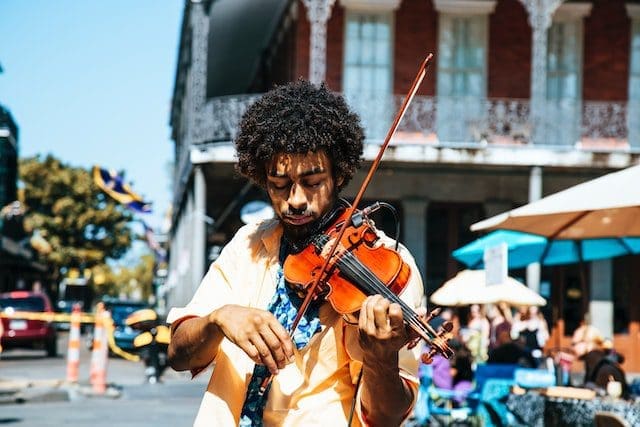
How Has Jamaican Music Influenced Other Genres?
Jamaican music has had a far-reaching, lasting influence on the world of music. From its roots in African rhythms and calypso to ska and reggae, Jamaican genres have shaped many other forms of music around the globe. Over time, Jamaican sounds have been blended with elements from rock, hip hop, Latin American styles, punk, jazz and more – creating entirely new directions for these genres to take.
The impact of Jamaican music is particularly evident when looking at dancehall culture. This style began as a fusion between traditional Caribbean beats and electronic production techniques from Europe and North America. Its infectious energy has since spread into rap, R&B and pop, making it one of the most popular contemporary musical trends today. In addition to this, dubstep was heavily influenced by early reggae recordings; their shared emphasis on low frequencies gave rise to an entirely new genre that continues to evolve today.
It’s clear that Jamaica’s musical legacy has left an indelible mark on global sounds. By blending together different cultures and traditions across multiple continents, they’ve created something truly unique — which can be heard everywhere from radio stations to streaming services worldwide. The result? A diverse range of vibrant rhythms continues to inspire people all over the planet!
Conclusion
In conclusion, Jamaican music has a rich and complex history. From traditional reggae to its more modern counterparts – Ska, Dub Music, Dancehall, and Lovers Rock – each genre is unique in its own way. Their distinct rhythms make them easily identifiable on the global stage with their fast-paced beats that evoke energy and emotion. It’s no wonder why Jamaican music has been embraced by so many around the world; it is truly one of a kind like a diamond in the rough. With every new generation pushing boundaries and creating innovative sounds, this musical legacy will live on for years to come as long as there are listeners eager to hear what comes next!





